autumn olive tree identification
Some plants bear 1 woody spines. Leaves are alternate oval to lanceolate and untoothed.

Invasive Species Western New York Prism
Their margins are wavy but do not have teeth.
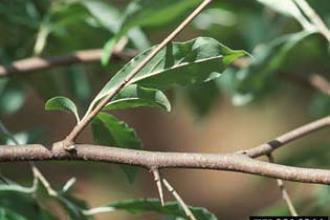
. Spine on Autumn olive twig. Autumn Olive Elaeagnus umbellata Thunberg Description Autumn olive is a deciduous. Silver-gray on underside and dark green on top.
This shrub with scattered thorny branches can grow 3 to 20 feet tall. The twigs and branches are covered with small silvery to rust colored scales and short spur twigs often have a. It was commonly planted for wildlife food and cover.
Russian olive is a medium-sized deciduous tree that is drought-resistant. Autumn Olive Elaeagnus umbellata Thunberg Russian Olive Elaeagnus angustifolia L Description Autumn olive is a deciduous shrub or small tree in the Oleaster family. Tube- or bell-shaped fragrant and borne in leaf axils.
Autumn Olive Identification. Woody invasive shrubs that have a silvery cast and conspicuous red berries. Autumn Olive is a deciduous shrub that can grow quite tall.
Autumn olive is a deciduous shrub or small tree growing up to 6 m 20 ft in height and 9 m 30 ft in width. 2019 Status in Maine. Autumn olives leaves are alternate and oval with finely pointed tips.
Grayish green leaves with silvery scales bottom side gives off shimmery look. AUTUMN OLIVE Elaeagnus umbellata RUSSIAN OLIVE Elaeagnus angustifolia IN BRIEF Closely-related Autumn olive and Russian olive grow as shrubs or small trees. It has a gray-green hue when seen from a distance.
Autumn olive Elaeagnus umbellata is a flowering tree that is native to eastern Asia. Autumn olive Elaeagnus umbellata ELUM is a bushy leafy shrub native to Asia. Its range is from the Himalayas to Japan.
Autumn Olive Elaeagnus umbellata. A woody shrub that may reach up to 20 feet in height with yellow to cream colored flowers that appear in the spring and bunches of red berries that appear in the early fall. Up to 24 cash back Autumn Olive trees are an invasive species in Michigan.
The leaves have a dintinctive silver underside. They are bright green above. The underside of the dark green leaf is covered with silver-white scales.
Both were introduced for landscaping roadbank. Autumn olive is a small rounded tree or shrub that can reach 20 feet in height. Autumn Olive produces an abundance of small red berries that are very easily distributed by birds and other mammals.
The plant may grow to a height of 20 feet. Elaeagnus umbellata autumn olive berry and Elaeagnus multiflora goumi berry are also in this family. A slow-growing deciduous shrub that produces fragrant silvery-white to yellow flowers from February to June and many red berries from August to November.
Simple alternate small elliptical or oval 13 inches long about 1 inch wide. From Asia in 1800s planted widely in 1950s for erosion control. Silvery or golden brown with speckles.
The young twigs are silvery with brownish scales giving the twigs a highly textured appearance. Autumn olive Elaeagnus Oleaster Japanese silverberry. Cultivated for wildlife habitat and erosion control Fordham et al.
Asia Munger 2003 Date of US. It can grow up to 15 feet high. A deciduous shrub with white flowers in spring and bright red berries in fall autumn olive Elaeagnus umbellata originally came from Asia and was widely planted in the US.
Stems are speckled often with thorns. Tubular 4-petaled flowers of autumn olive. It was introduced to North America in the 1800s and is native to eastern Asia.
The underside of the dark green leaf is covered with silver-white scales. Identification of Autumn Olive. Perennial deciduous shrub up to 10-15 tall and wide usually very branched with silvery andor brown scales along twigs.
Autumn Olive Elaeagnus umbellata Thunberg Description Autumn olive is a deciduous shrub or small tree in the Oleaster family. This shrub is native to Asia and was introduced into the US. Introduced as an ornamental.
They are rich green above with silvery undersides and arranged alternately along brown twigs. Leaves are alternate oval to lanceolate and untoothed. How to identify autumn olive.
Autumn olive leaves are dark green on top and silver-gray on the underside lance-shaped or elliptic with entire wavy margins. It was introduced to North America in 1830 as an ornamental plant. The bark on the main stem is thin and light gray.
The alternate arrange of the leaves is a very important identification clue. The 1-4 inch long elliptical to ovate or oblong leaves have smooth edges. Molly OBoyle Fairfax Master Gardener talks all about Autumn Olive Elaeagnus umbellata Thunb why its invasive how to identify and remove it and more.
The tree leafs out early shading other native plants and decreasing diversity. Autumn Olive Tree Fast Facts. 1830 Munger 2003 Means of Introduction.
The autumn olive shrub is easy to identify when it is in flower or once the fruits have matured. Autumn olive Elaeagnus umbellata Thunb is a large deciduous shrub capable of forming dense thickets in West Virginia pastures. Autumn Olive Russian Olive Autumn olive branch.
Large shrub or small deciduous tree can grow up to 20 feet tall with gray to silver foliage. The plant may grow to a height of 20 feet. Autumn olive is similar in appearance to russian olive but russian olive has leaves that are much more.
For wildlife food and erosion control. The tree was native to Asia and brought over to the US around the 1800s. Autumn olive is a large deciduous shrub that grows up to 20 tall and is frequently equal in height and widthIt may or may not have a central trunk.
Gray fibrous bark of autumn olive. From th Autumn-olive leaves are small oval smooth-margined and dark green. With age the twigs take on the light gray appearance of the main stem.
By the 1940s it was being sold and planted as erosion control wind breaks and as a source of food and habitat for wildlife. Bloom in late spring. Its form is rounded with dense branches.
Elaeagnus angustifolia commonly called Russian olive is native to Europe and Asia and is a riparian tree in the Elaeagnaceae family.
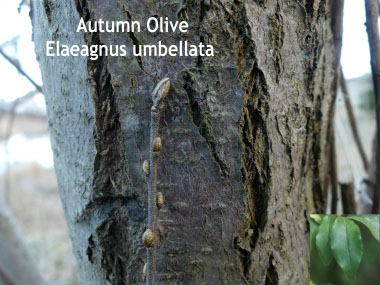
Autumn Olive Identification Leaves Bark Habitat Elaeagnus Umbellata

Autumn Olive Invasive Species How To Control It

Autumn Olive Japanese Silverberry Mdc Teacher Portal

Foraging For Autumn Olives How To Identify Edible Wild Autumnberries Good Life Revival

Autumn Olive Vermont Invasives

Autumn Olive Invasive Species How To Control It
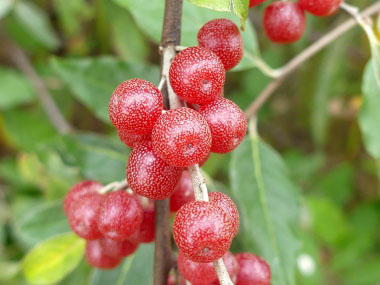
Autumn Olive Identification Leaves Bark Habitat Elaeagnus Umbellata
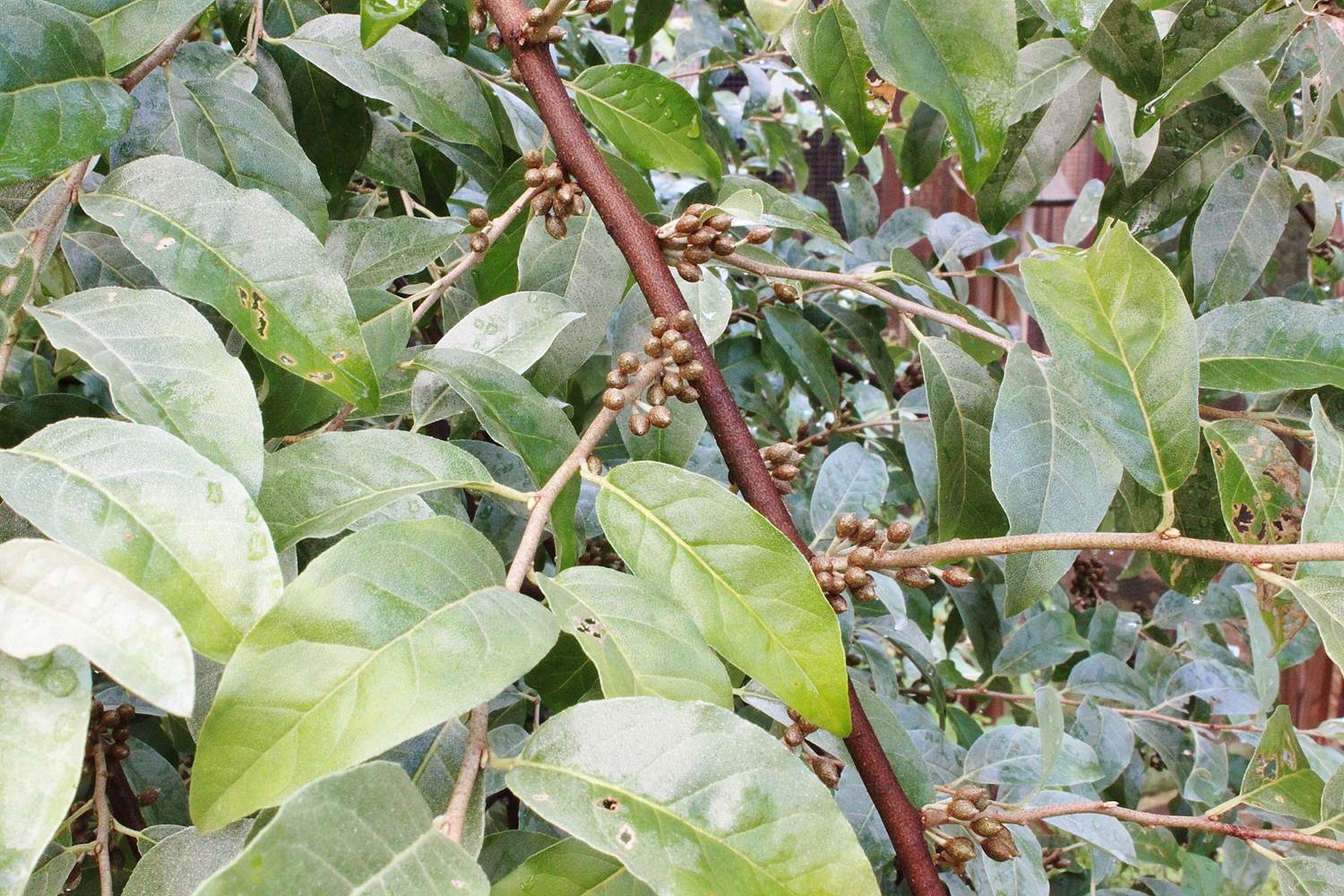
Autumn Olive Foraging For Autumnberries

Autumn Olive Nonnative Invasive Plants Of Southern Forests A Field Guide For Identification And Control

Foraging Identifying Autumn Olive Berries Lookalikes Unruly Gardening
Invasive In The Spotlight Autumn Olive Extension
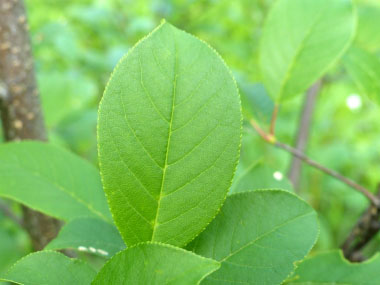
Autumn Olive Identification Leaves Bark Habitat Elaeagnus Umbellata
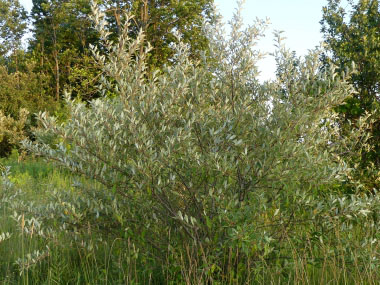
Autumn Olive Identification Leaves Bark Habitat Elaeagnus Umbellata
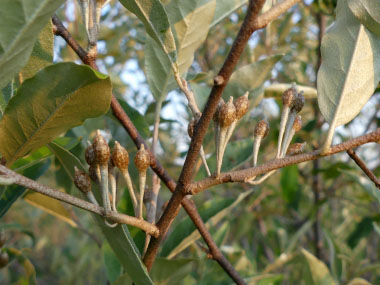
Autumn Olive Identification Leaves Bark Habitat Elaeagnus Umbellata

Autumn Olive National Invasive Species Information Center
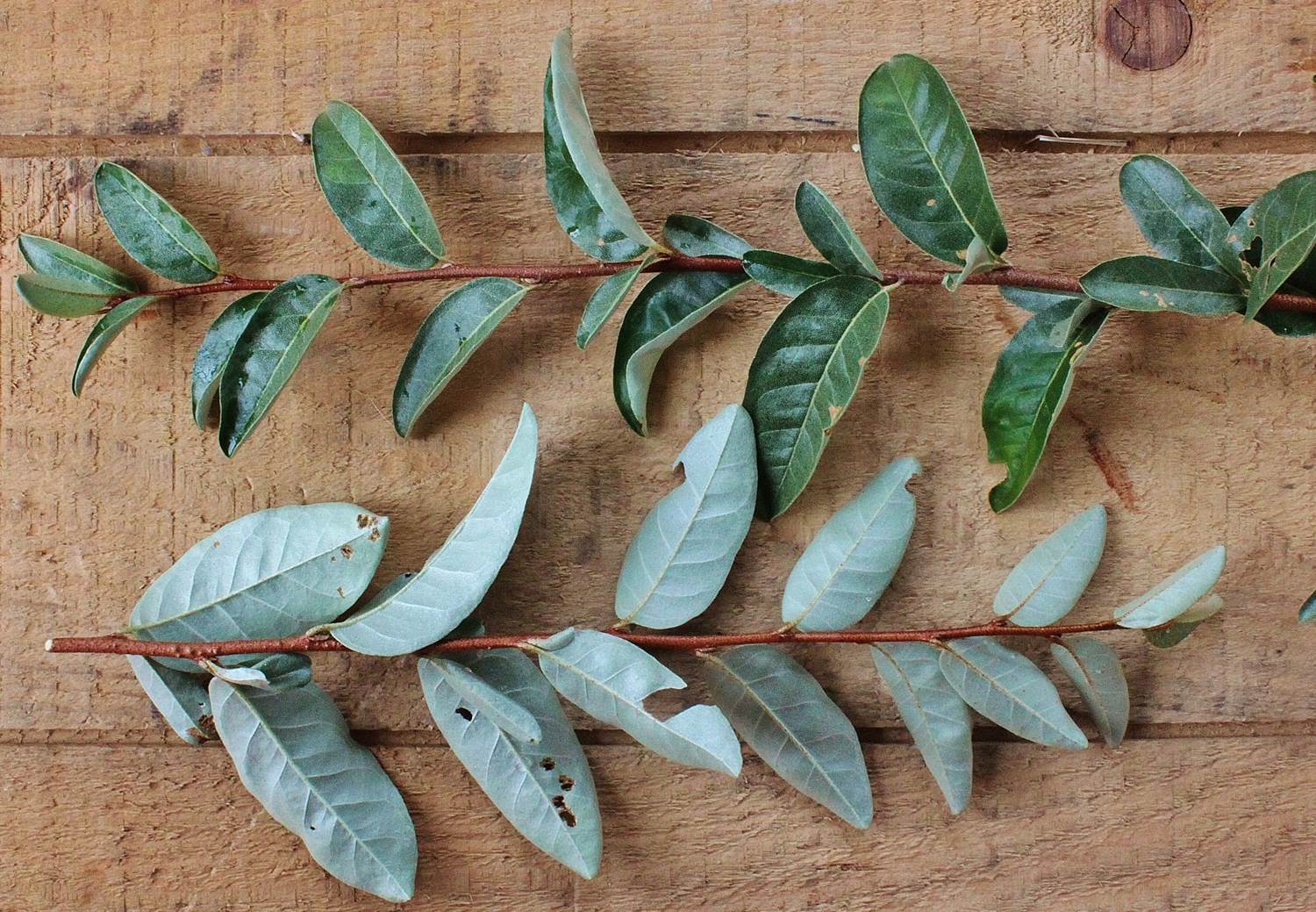
Autumn Olive Foraging For Autumnberries
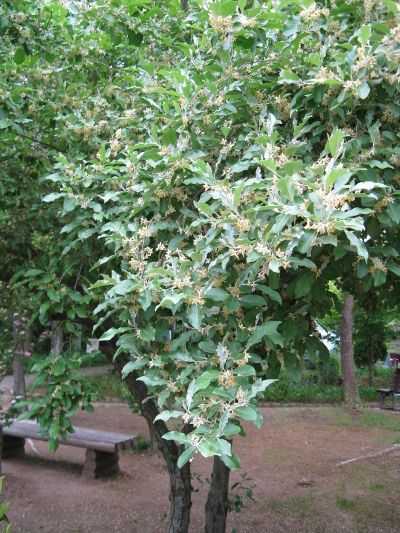
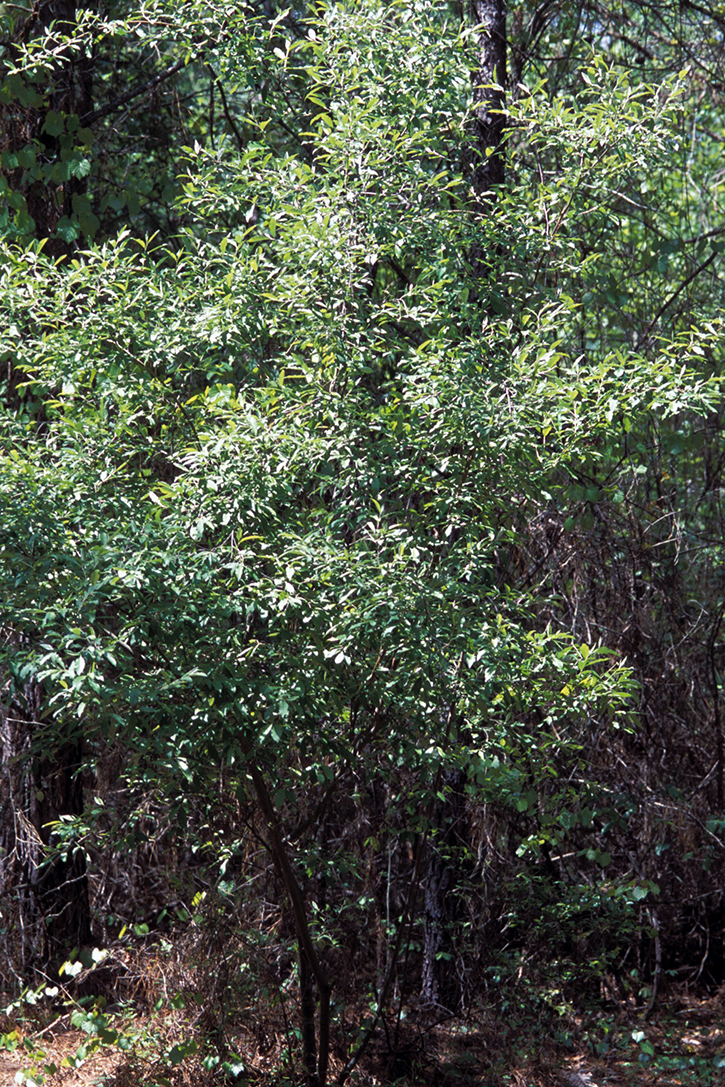
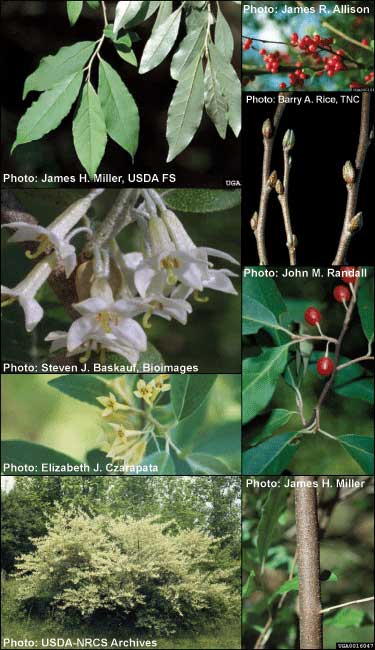
0 Response to "autumn olive tree identification"
Post a Comment